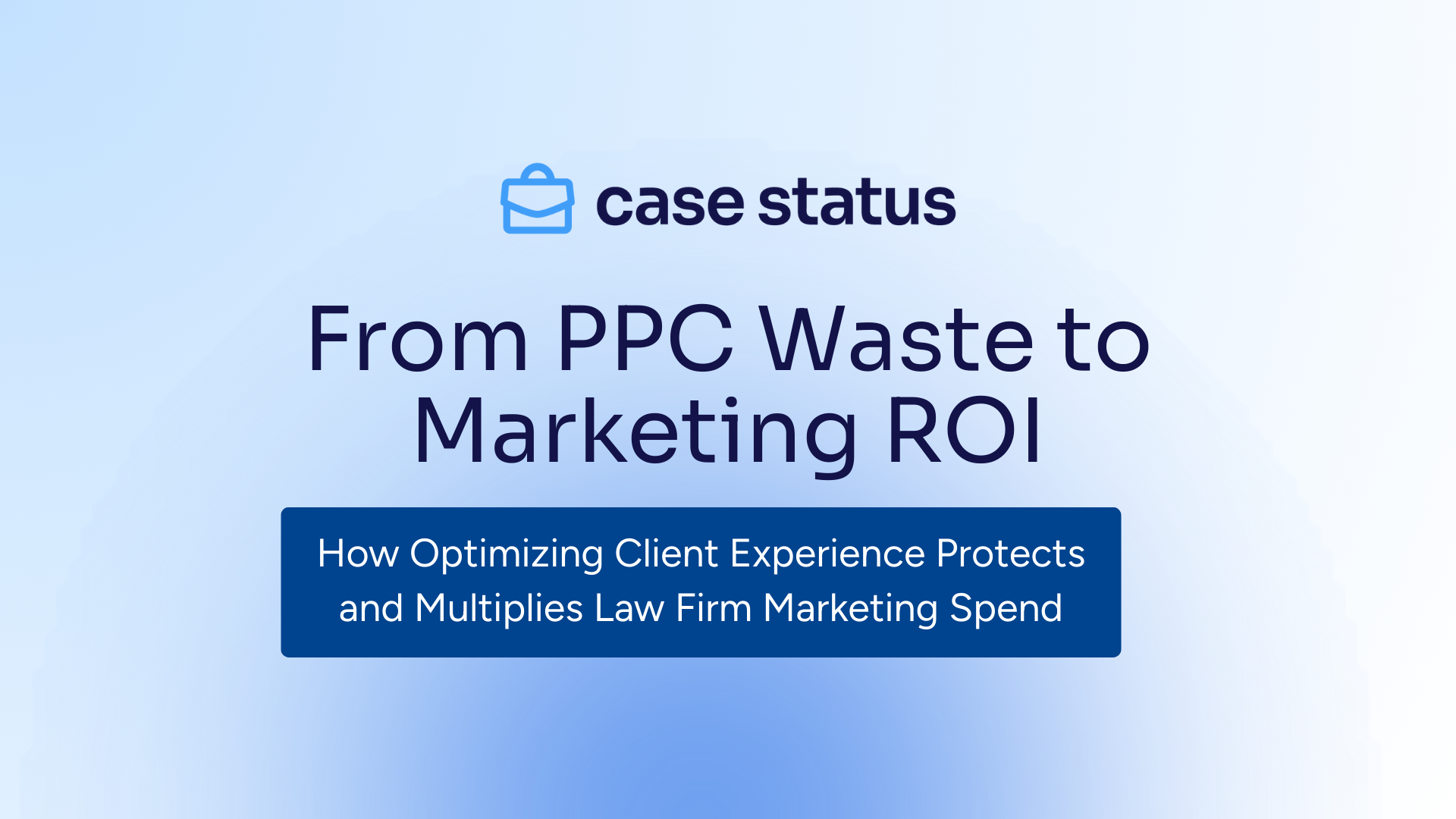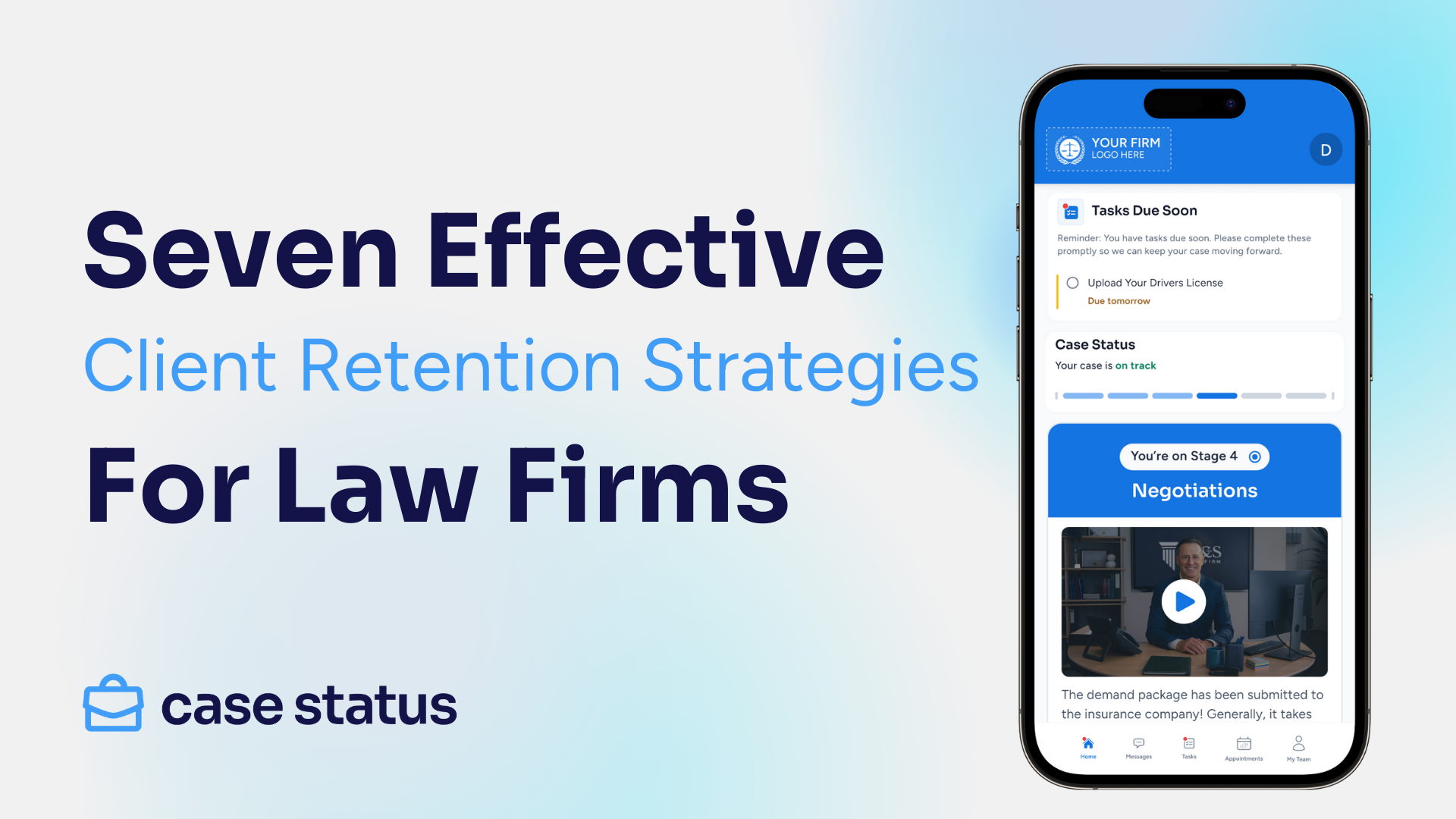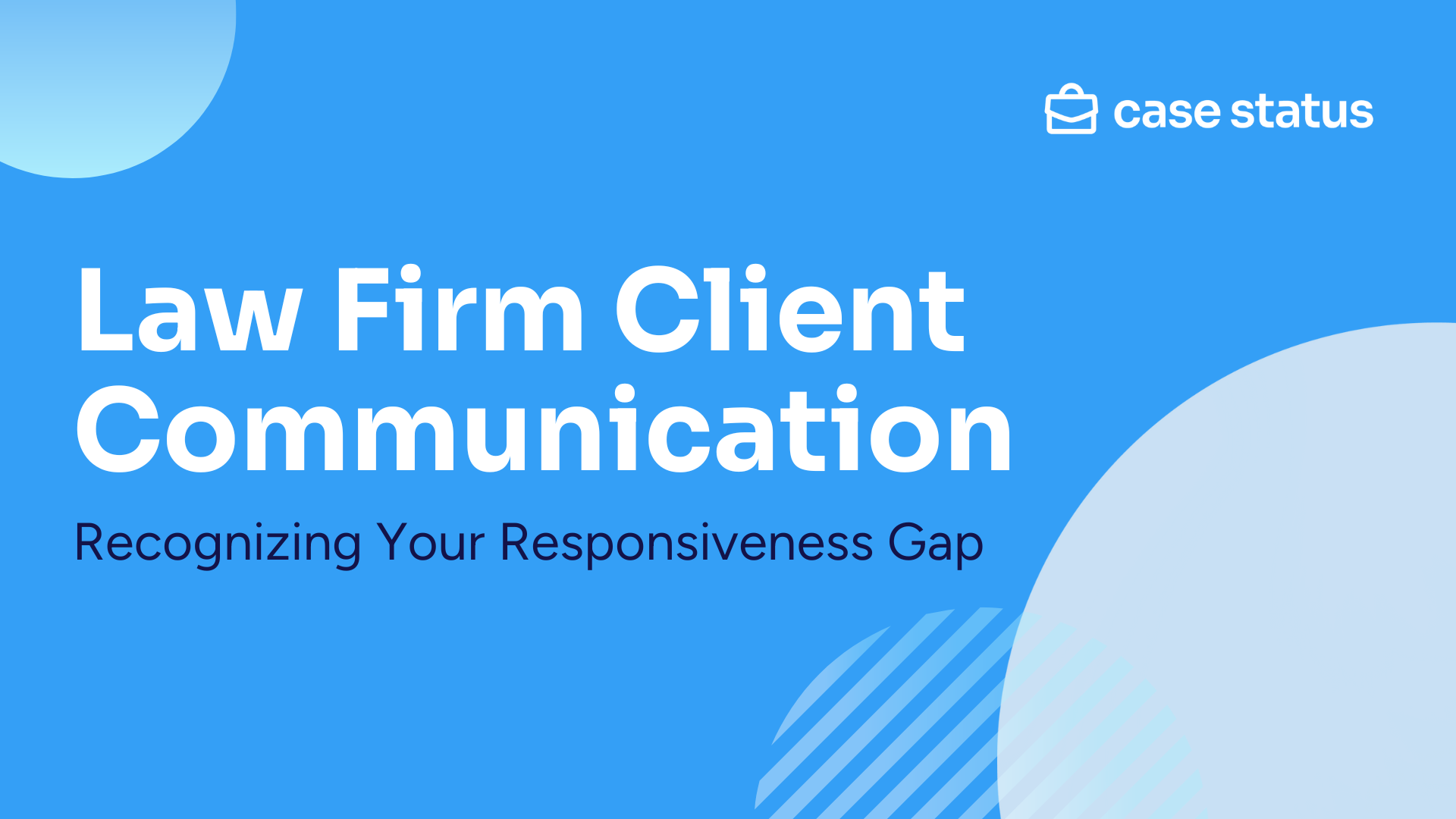
For a lawyer, time is money. So the question is how lawyers can be more productive? Embracing productivity tools for lawyers is one way to boost your business’s turnover rates and deliver faster results to clients. Thanks to the wide array of legal software available today, there is no shortage of options when it comes to finding the best tools for your firm.
Despite the fact they can work up to 80+ hours a week, lawyers find themselves only spending a fraction of their workdays on productive tasks. In order for lawyers to be more productive and get more out of their business, attorneys need real time management solutions that are custom-made for their line of work.
Get ready to delve into time management strategies that really work!

Why Is Time Management Important for Lawyers?
Simply put, lawyers don’t get paid for the time they waste. Administrative tasks may be crucial to your firm’s health, but they don’t constitute as billable hours. Attorneys are paid to deliver results, not manage their firms, and clients often grow frustrated when they find that little has changed over the course of a few days.
While a lawyer cannot control the legal system, they can often expedite many processes when they have the time to truly work on their clients’ cases. Far too often, real legal work becomes secondary as a firm is inundated with phone calls, emails, and non-billable duties.
With better time management, a lawyer be more productive by:
- Spend more time doing work they want to do
- Deliver greater results to their clients
- Avoid burnout
- Lower stress levels
- Complete more meaningful work in less time
- Grow their business without increasing their workloads to unbearable levels
How Lawyers Can Be More Productive?
Understanding the importance of time management for lawyers is easy. Actually managing to change your schedule and get more work done? Not so much. Although legal professionals understand their need to work more efficiently, even finding time to learn appropriate time management strategies can be difficult.
To be more productive, lawyers need the help of legal software that simplifies, streamlines, and automates their most time-consuming tasks. Rather than trying to hand-off work, they can maintain full visibility over their firm’s practices, protect clients’ data, and do their jobs better than ever.
Let’s look closer at some strategies lawyers can be more productive by using.
Time Block
Time blocking for lawyers involves setting priorities and arranging their schedules to perform similar tasks together. For example, you may allocate two hours to phone calls, one hour to emails, and three hours to client meetings. Instead of trying to jump from one task to another, the goal of time blocking is to place the most important tasks together so you can tackle them first.
Set Clear Priorities
Lawyers often find themselves doing what is present rather than what is truly important. You may be planning to draft a document, only to be interrupted by a phone call that takes 30 minutes out of your afternoon. Then, it’s time for a meeting, and it extends longer than you expect. As soon as you’re done, you have more phone calls to return, emails to answer, and before you know it, the day is almost over and you have barely gotten to your actual work.
Priorities are essential when it comes to time management for lawyers. Establish these every evening, so you know precisely what tasks to tackle the next morning. Try to orient your day around the most valuable actions first.
Use Automation Tools
Legal software allows you to automate a wide range of tasks, from creating fill-in-the-blank document templates to scheduling appointments. Automated email templates can also be set up to lower the amount of time you spend typing responses without neglecting your clients.
A mobile app for your law firm can also be a valuable automation tool. Lawyers love Case Status because it delivers everything clients need to know on their terms, all while keeping a clear line of communication open.
Start Using Legal Practice Management Software (LPMS)
This suite of software combines a variety of tools into one package. Law firms can customize their software to suit their needs, including accounting, billing, time tracking, payment, collaboration, document management, and client intake.
Popular options like Clio and MyCase empower firms to automate essential functions and enhancing overall efficiency. Case Status seamlessly integrates with both platforms, ensuring a harmonious workflow that maximizes the benefits of automated processes while maintaining a strong focus on client communication. Through Case Status, you can elevate your client communication strategies, ensuring timely updates, transparent collaboration, and a heightened level of engagement while cutting down on phone calls and emails.
What Does Legal Practice Management Software Do?
From client communication to scheduling appointments, a good legal practice management software helps your firm become more efficient through technology. Key features include legal accounting, automatic invoicing, payment processing, calendaring, sending automatic appointment reminders to clients, and offering personalized client intake forms.Legal practice management software helps busy lawyers manage their cases more effectively, minimize oversights, reduce errors, and improve turnaround times. They can also generate legal reports, offer cloud-based storage, and organize information automatically.
Some of the most time-saving features of legal practice management software are:
- Calendaring with automatic and pre-scheduled reminders.
- Customizable workflow automation that includes re-usable document templates, deadlines, and more.
- Legal analytics that offer deeper, technology-driven insights into every case.
- Document automation that creates easy templates for your most frequently used paperwork.
- Client intake forms that prompt leads for information you need, and automatically build case files when someone becomes a client.
- eSignature software to process documents faster in a secure manner.
How Do You Effectively Manage a Law Firm?
Time management is key, along with having the right tools and a good team. If you run a solo law firm and can’t yet afford to hire staff, legal software is essential. It can perform the roles of a legal secretary for you.
Finding ways to manage important tasks more effectively without compromising quality is key. When it comes to client communication, a firm-branded portal can do wonders. Case Status offers a personalized app for your clients to view their information, receive updates, message your firm, and find answers to common questions without the need to call into the office.
If you are interested in learning more and seeing how your law firm and lawyers can be more productive, click here to read about our mobile client portal for law firms.
Dig Deeper: Learn how to manage a law practice to improve client experience



